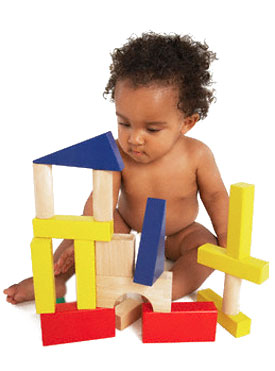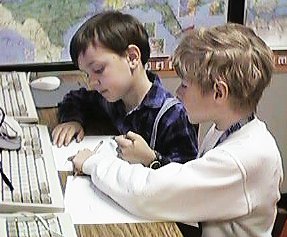iMovie
I love how they used Jing for their tutorial and actually showed us how to do it. This is so much more effective than just showing us a final projected and telling us what they did.
Windows has movie maker as an equivalent. Make sure to check out the online tutorials for both.
If you can drop and drag, then you can use iMovie!
On digital storytelling: technology use can make the experience deeper and more real
Some ideas: communicating with parents/families, creating instructional videos, growing plants, field trips...
Other ways to use iPods in the classroom: research, access to Smart response tools, getting music
Dropbox app: online place to drop your files, similar to Google Docs -free download on dropbox.com
How is this different from Google Docs? It's great that there are other options. I guess you wouldn't have to create an email account with Dropbox, as you do with Google. Thanks Katie, for bringing up Locker which is used by several school boards as part of D2L.
I think iMovie presents great opportunities for ECE!!! Storytelling, story sharing, drama, etc.
WebQuest
What is a WebQuest?
An inquiry-oriented lesson format, focused on questioning and critical thinking. All resources are preselected. By who? If students are supposed to do critical thinking, why can't they go through the process of selecting resources? Main purpose is to promote higher level thinking. Go to Jen or Bob's blog to get the URL.
How can I make a WebQuest?
webquest.org is highly recommended. Free 30 day membership. Millions of WebQuests that you can change and use, similar to IO. So, what i sthe difference between this and IO? IO is more expensive...
Each section has a checkpoint at the end to help you. Search engine with kid friendly sites only, which non-members can access.
Students need a problem that creates some uncertainty and doubt. Set up constraints but give them freedom to express their ideas in ways of their choices.
Quest Atlantis
Wanted to make a video game with academic content that went beyond drill and practice. Is this the evolution of WebQuest? Has avatars and a lot like Second Life. It's a windows based program and freezes up a lot on a Mac. The point is, there is a quest! You have to gather information from different sources but it's all internal in the program. So you talk to characters in the game but the program is really secure. Bob and Jen had to fill out an application to have access. Furthermore, they cannot speak or interact with other students.
Thank you guys, this is great information for my Independent Inquiry! Oh wait, it's reading based...that makes sense since they have a recommended age level of grade 3 and up. That's too bad. I wonder if there's a way around that...like beign able to click on something that will read it out loud.
Are the games organized by age? I think some of the language and content is above grade three level.
They provide you with a log (word document!) of all the information you've accessed. This allows modification and is, of course, printable.
I like the complexity of having many different players with different goals that are sometimes based on finances, hierarchies, environment, etc. They all try to convince you of their stories. I love how this really relates to the real world and critical thinking skills. Students need to learn how to make these educated decisions in real life! This gives them exposure to the fact that people have different agendas and how they need to constantly step outside of their own shoes to take different perspectives. What a great life skill!
It's great that, at the end, the program asks them to form their own opinion. We struggle with this even at the university level! Well I do anyway... It's actually a difficult task when you've taken the time to truly understand different perspectives.
Having students make mistakes and go back to figure it out is a very effective way to learn. Michele brought this back to constructivist, cognitive theories. This made me think of the appeal of video games, and how people have to fail over and over to finally achieve their goal (next level). And Michele further pointed out how interesting it is that each level is
harder! We (human beings) love challenge. In gaming, we know that the challenge is appropriate because we've worked our way up gradually. Games are developmentally appropriate and within a player's zone of proximal development! Teachers struggle with this daily. Should we change our teaching to be more like a video game? hmmm...
Great point brought up about research being done on getting kids to design games. This is too much for a teacher to be able to handle in a classroom! It is a lot of work. Use those that are already there!
Thank you guys, this was great!











